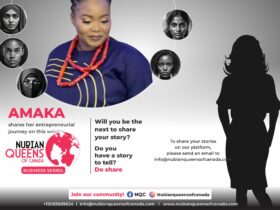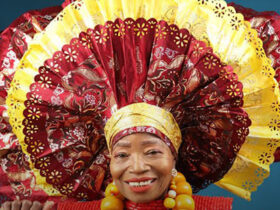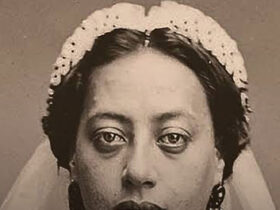In 1931, in the steel town of Lorain, Ohio, a little girl named Chloe Ardelia Wofford was born into a world divided by racial and economic barriers. Her family didn’t have much, but they had something priceless: stories.
Her parents, George and Ramah, filled their home with African-American folktales, songs, and ghost stories. “They weren’t just entertainment,” Morrison later recalled. “They were how we survived.”
Those stories lit a fire in young Chloe. By the time she was twelve, she had devoured every book in her local library—classics by Jane Austen and Tolstoy, works that opened windows to other worlds but didn’t yet reflect her own.
After high school, she attended Howard University, where she studied English and immersed herself in the vibrant intellectual life of the Black cultural elite. It was at Howard that Chloe became “Toni”—a nickname born from her baptismal name, Anthony, which she used for convenience among classmates. From Howard, she went on to earn a Master’s degree in English from Cornell University, focusing on literature and the ways stories shape humanity.
But Toni Morrison’s true calling wasn’t just to study stories. It was to write them.
Her early career as an editor at Random House was groundbreaking in itself. She championed Black voices at a time when the publishing world often shut them out. Through her work, she brought to light the words of Angela Davis, Muhammad Ali, and countless other African-American writers who might have otherwise been silenced.
Still, Morrison had stories of her own to tell. In 1970, she published her first novel, “The Bluest Eye,” a haunting exploration of race, beauty, and identity in America. It didn’t become an instant bestseller, but it announced Morrison as a writer with fearless honesty and lyrical power. More novels followed—“Sula,” “Song of Solomon,” “Tar Baby”—each peeling back the layers of Black life in America with unmatched depth and humanity.
Then came “Beloved.”
Published in 1987, “Beloved” was more than a novel—it was a reckoning. Inspired by a true story, it told of an enslaved woman who made an unthinkable choice to protect her child from slavery’s horrors. The book stunned the literary world. It won the Pulitzer Prize and became a cultural landmark.
Five years later, in 1993, Toni Morrison stood in Stockholm, Sweden, as the first Black woman to receive the Nobel Prize in Literature. The Swedish Academy praised her for giving life to “an essential aspect of American reality.” The world now recognised what Black readers had known all along: Toni Morrison’s voice was not just important—it was revolutionary.
But Morrison was never one to rest on accolades. She kept writing, teaching, and speaking until she died in 2019, always pushing America to confront its history and its truths. Her novels didn’t just tell stories; they held up a mirror to a nation and asked, Who are we? Who have we been? And who can we become?
Today, Toni Morrison’s words still echo. They live in classrooms, in libraries, and in the hearts of readers who find themselves reflected in her pages. She didn’t just make history—she rewrote it, with sentences that sang and truths that demanded to be heard.
Her message endures: Don’t wait for permission to write your story.












Leave a Reply